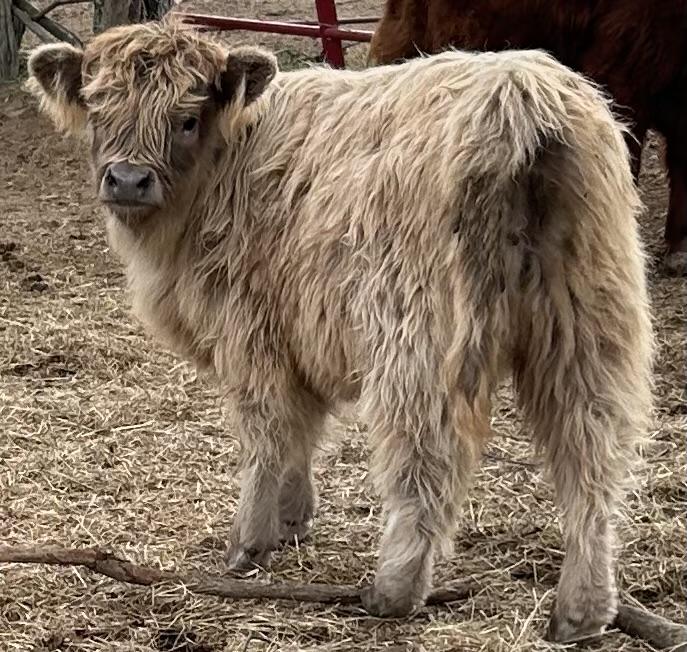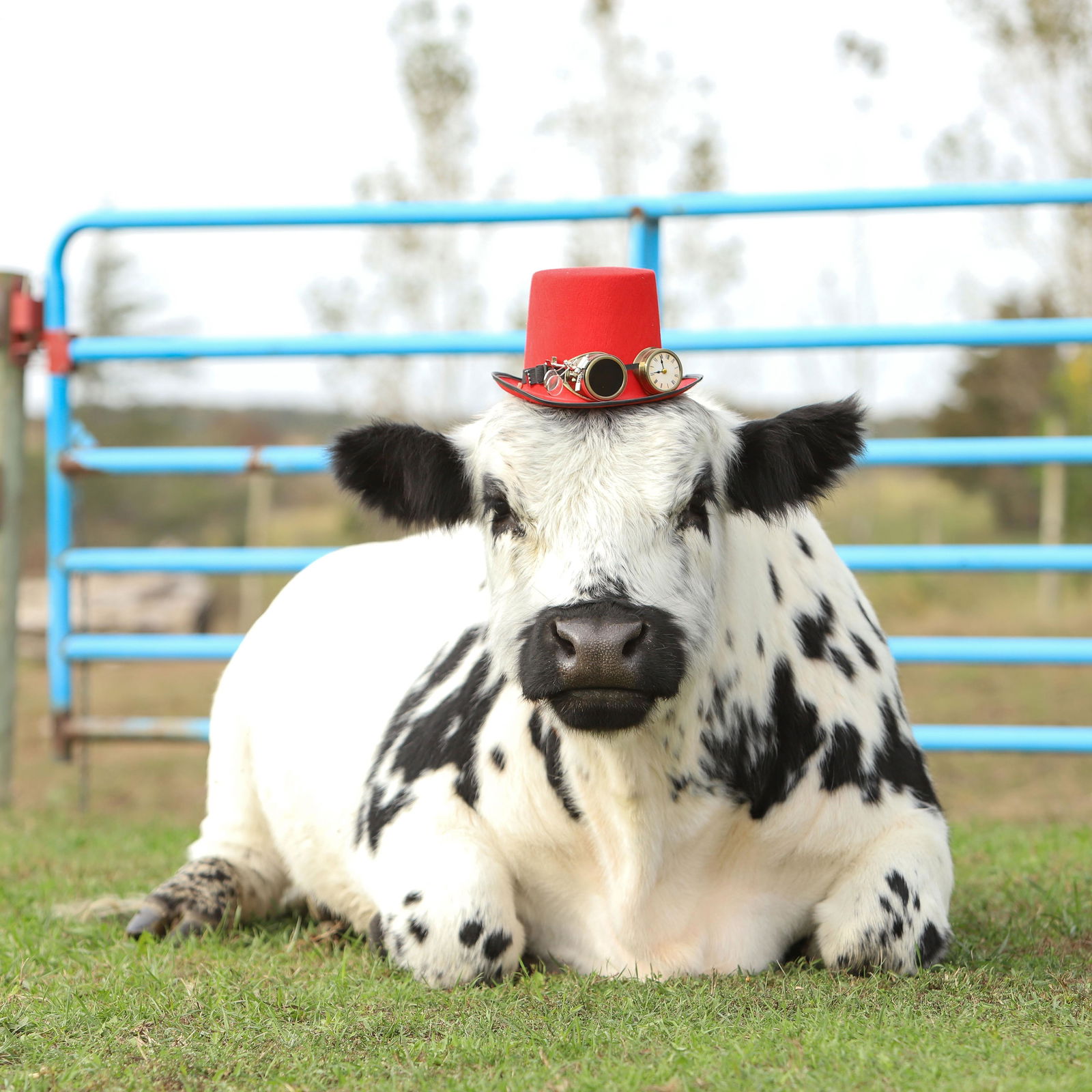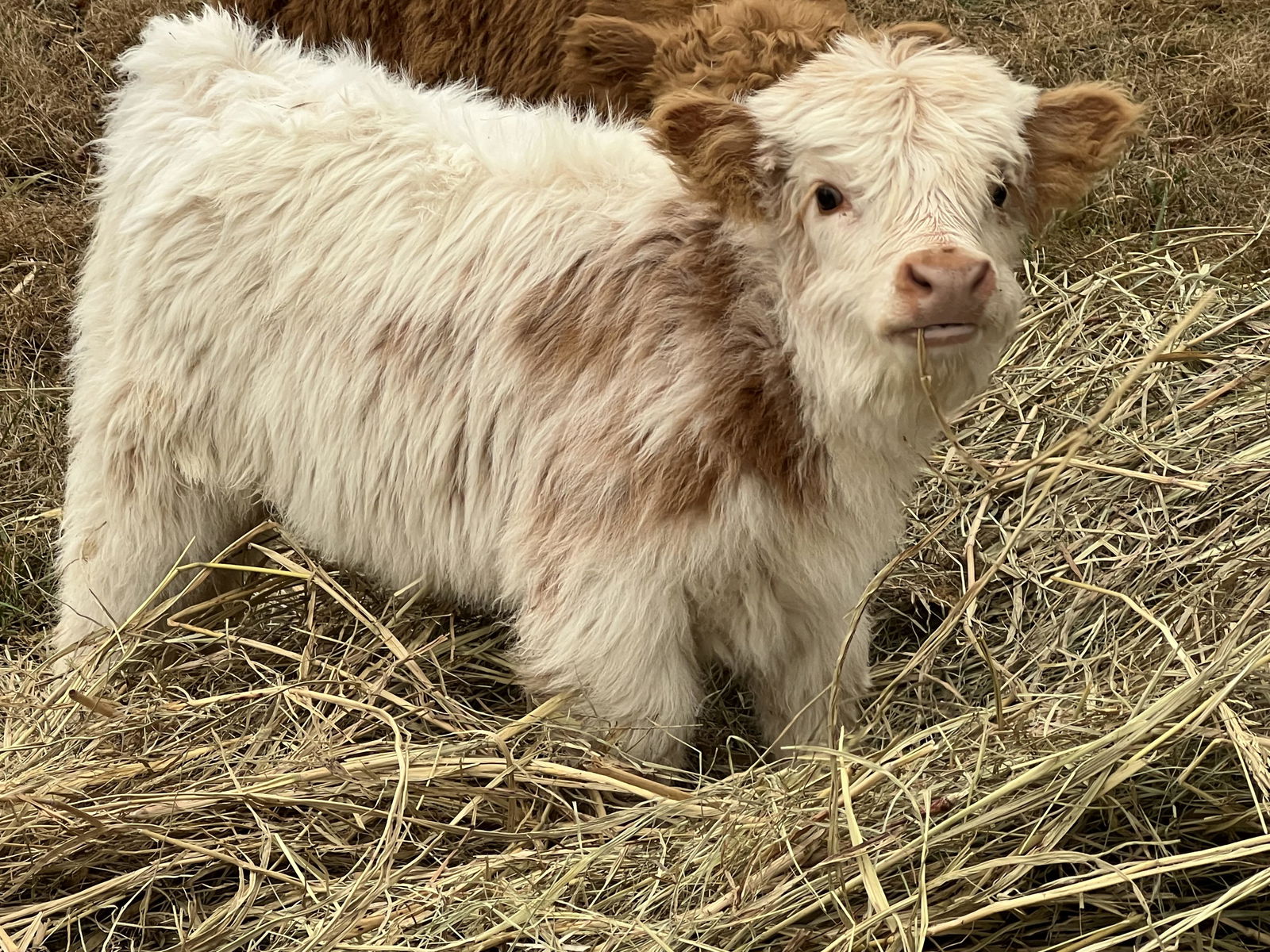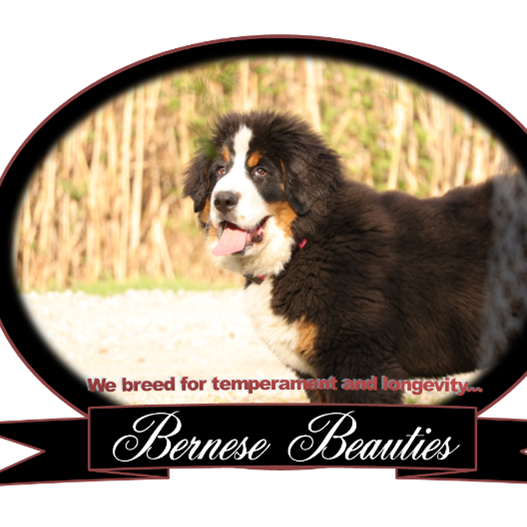Miniature Donkeys as Pets: Are They a Good Fit for Your Farm?
Author: Elliott Garber, DVM
Want a donkey but think your backyard’s too small? Say hello to the miniature donkey – a pint-sized pal standing just 36 inches tall at the shoulder. They’re the perfect solution for anyone dreaming of equine companionship without the full-sized farm commitment.
These little charmers have been capturing hearts since they first trotted onto American soil from the Mediterranean islands in the 1920s. More than just adorable faces, mini donkeys excel as pets, therapy companions, and even watchful guardians for smaller farm animals. Their gentle nature and manageable size make them the ideal choice for smaller properties.
What Is a Miniature Donkey
Hailing from Sicily and Sardinia in the Mediterranean, these compact equines max out at 36 inches at the withers. They bring all the personality and smarts of standard donkeys in a more manageable package.
Physical Characteristics
With their signature floppy ears and distinctive cross-shaped back markings, mini donkeys are unmistakable. Their coats showcase a variety of colors:
- Gray-dun with dark racing stripes
- Rich brown with white points
- Eye-catching spotted patterns
- Warm red-brown with light bellies
- Classic black with white accents
Weighing in at 200-350 pounds, these sturdy little ones sport thick legs, round bellies, and faces that seem to wear a permanent smile.
Size Requirements
While mini donkeys don’t need sprawling pastures, they do need proper space to thrive. Here’s a simple breakdown of their housing needs:
For basic shelter:
- A barn stall needs 50-100 square feet per donkey
- Run-in shelters work well at 60-120 square feet per animal
For outdoor space:
- Pasture area ranges from 1/4 to 1/2 acre per donkey
- Fencing should stand 4-5 feet high
- Gates need a 4-foot width for easy access
Their smaller space requirements make mini donkeys perfect for modest properties while giving them plenty of room to exercise and behave naturally.
Origin and History of Miniature Donkeys
Back in Sicily, tiny donkeys once navigated narrow cobblestone streets, carrying fresh produce to local markets. These small but mighty workers, officially known as Miniature Mediterranean Donkeys, originated in Sicily and Sardinia off Italy’s western coast. While we celebrate them as pets today, they were essentially the delivery vehicles of their time, perfectly suited for Mediterranean village life.
The story of these diminutive donkeys takes an unexpected turn. While their numbers in Sicily, Sardinia, and parts of Northern Africa have declined, they’ve found an unlikely sanctuary in North America. Their population history tells an interesting tale:
In ancient times, these donkeys roamed freely throughout the Mediterranean islands, forming the original population. Today, their numbers in their native Mediterranean homeland continue to decline. However, North American populations are thriving and growing steadily.
The bloodlines of Sardinian and Sicilian donkeys, once considered separate breeds, have merged over time into what we now know as the Miniature Mediterranean Donkey. North American breeding programs have become crucial in preserving these special animals, creating one of the largest genetic pools for the breed.
Caring for a Miniature Donkey
Keeping a miniature donkey healthy and happy requires specific care routines. Let’s break down the essentials of housing, nutrition, and healthcare.
Housing Requirements
A well-designed shelter protects your mini donkey from harsh weather while respecting their natural preferences. The ideal setup includes:
- A three-sided structure facing away from prevailing winds
- At least 40 square feet of indoor space per donkey
- Slip-resistant flooring (dirt or textured materials work best)
- Good ventilation through open design
- Protection from rain, wind, and snow
- Freedom to move in and out at will
For areas with severe weather, consider a fully enclosed pole barn with proper airflow for extra protection.
Feeding and Nutrition
Quality hay forms the cornerstone of a mini donkey’s diet. Daily nutritional needs include:
- Grass hay: 1-1.5% of body weight
- Fresh water: 5-10 gallons
- Salt block: Available at all times
- Minerals: Based on veterinary recommendations
Keep a close eye on food intake to prevent obesity, which can lead to health complications.
Health Care Needs
Regular preventive care keeps your mini donkey in top shape:
- Yearly veterinary checkups
- Dental exams twice annually
- Hoof trimming every 6-8 weeks
- Region-specific vaccinations
- Custom deworming schedule
- Daily health monitoring
Regular grooming sessions double as health check opportunities, letting you spot potential issues early.
Training and Handling
Building trust with a miniature donkey takes patience and gentle consistency. The right approach creates a strong bond while teaching essential commands.
Basic Commands
Start with simple voice commands as your main communication tool. Keep your voice clear and consistent when teaching:
- Forward movement: “Walk on”
- Backing up: “Back”
- Stopping: “Whoa”
- Standing still: “Stand”
Begin training with basic tasks like following you around the paddock or standing for grooming. Reward progress with carrots or apple slices initially, then transition to praise and gentle pats. Keep training sessions short – 10 to 15 minutes works best – and practice daily for the best results.
For more advanced training, consider two short sessions daily with 30-minute breaks, or one longer 20-30 minute session. Group training works well three times weekly, with plenty of rest between sessions.
Safety Tips
Smart handling keeps both you and your donkey safe during training:
Stay positioned at the shoulder when leading, keeping clear of kicking range. Always work from the left side and maintain untangled lead ropes.
Essential safety measures include:
- Sturdy, closed-toe boots
- Well-fitted halters
- Clear training areas
- Secure fencing
- Clean walkways
Watch your donkey’s body language:
- Ear position shows mood
- Tail swishing indicates stress
- Backing away signals discomfort
Benefits of Owning a Miniature Donkey
Mini donkeys bring unique advantages as both family companions and farm helpers. Their size makes them perfect for smaller properties while maintaining all the charm of their larger relatives.
As Companion Animals
These affectionate creatures form deep bonds with their human families. Their calm, attentive nature makes them ideal for:
- Stress reduction
- Senior center visits
- Therapy programs
- Family activities
Mini donkeys need companionship themselves – they’re happiest with at least one donkey friend or compatible farm animal. Daily social interaction prevents stress behaviors like pacing.
For Small Farms
On small farms, mini donkeys prove their worth through:
- Protecting smaller livestock
- Getting along with other animals
- Minimal pasture impact
- Efficient space use (just 1/4 to 1/2 acre per donkey)
They excel at calming nervous horses or sheep, maintaining pastures, and connecting with farm visitors. Their gentle presence brings both practical benefits and emotional support to the farm environment.
Conclusion
Mini donkeys blend charm with practicality, making them perfect for families and small farms alike. Their manageable size comes with all the personality and smarts you’d expect from a full-sized donkey.
From therapy work to farm life, these compact companions deliver big rewards. With proper care and attention, they become devoted friends and valuable helpers. Ready to welcome a mini donkey into your life? Just remember – they’re small in size but big on personality.

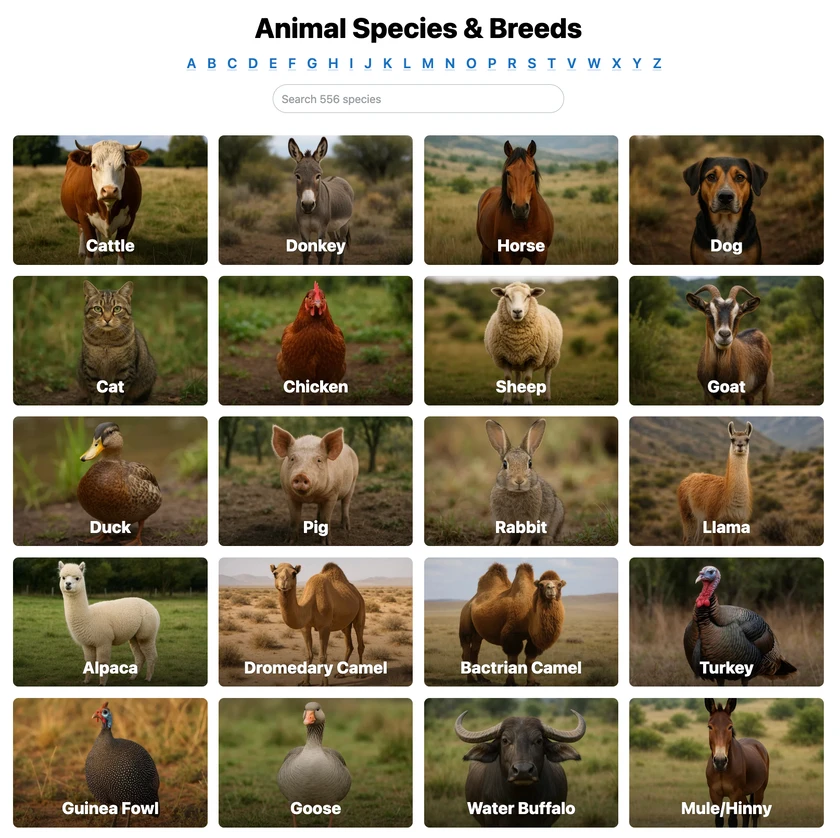 All Species & Breeds
All Species & Breeds
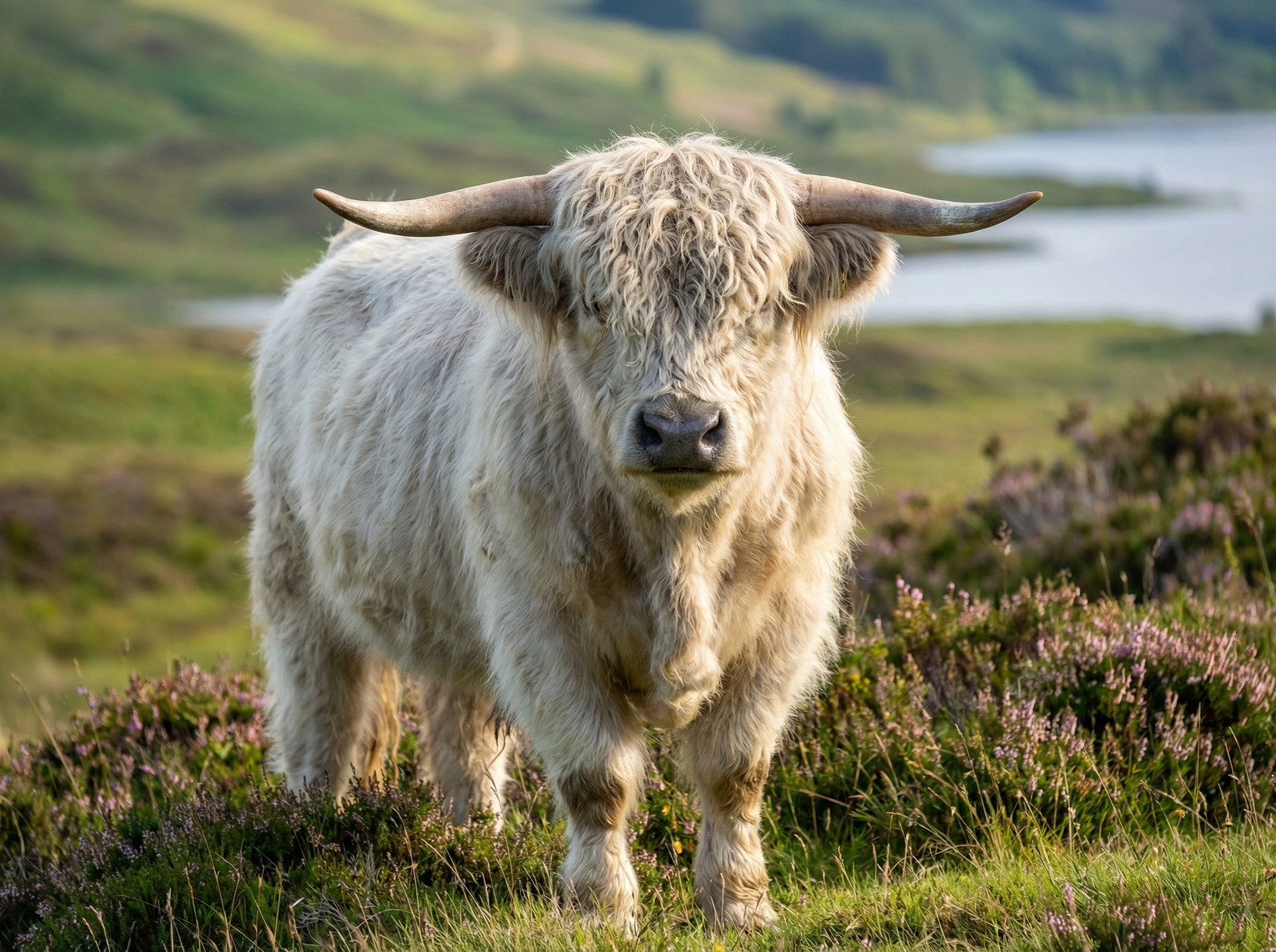 Highland Cattle
Highland Cattle
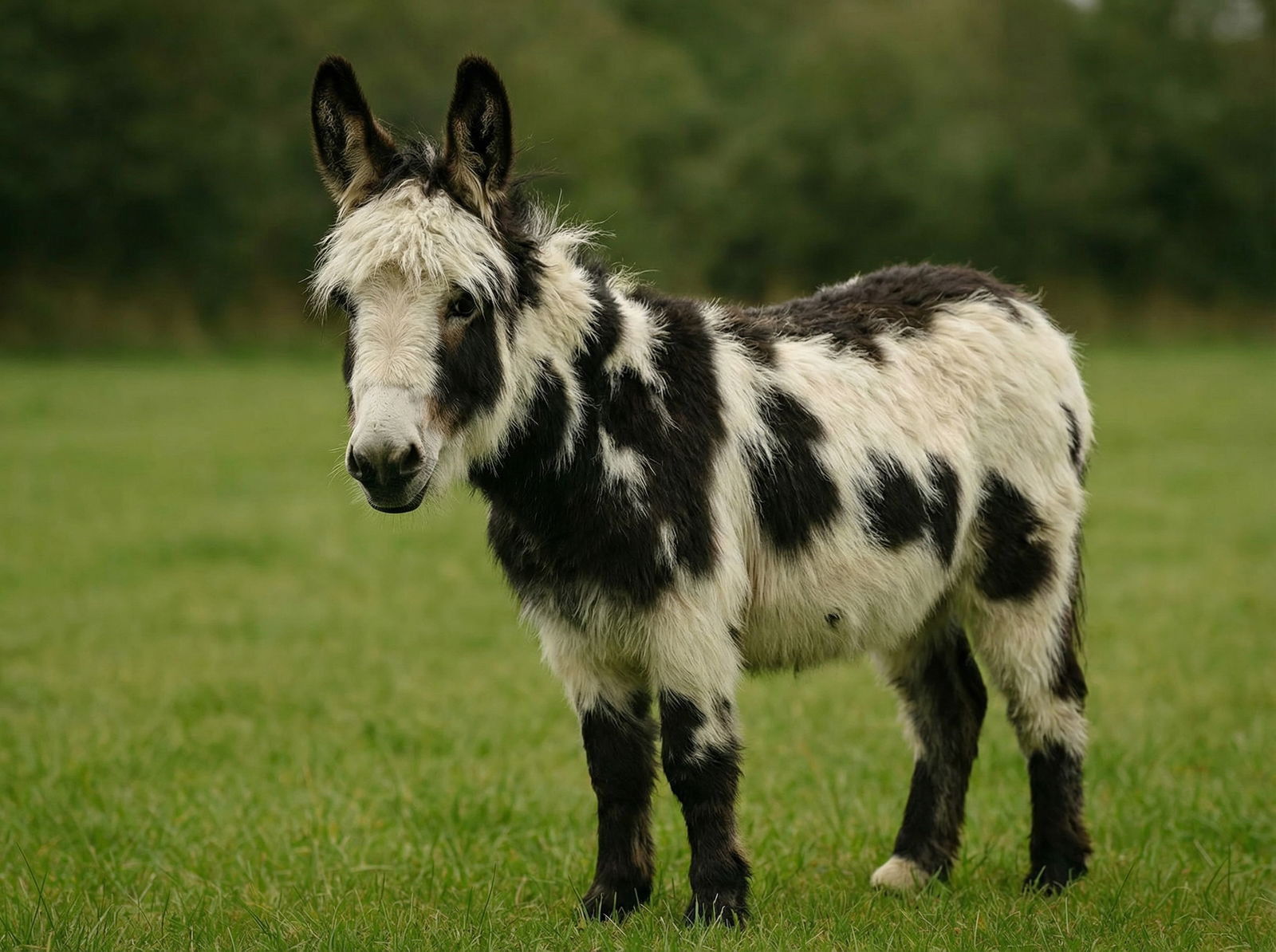 Miniature Donkeys
Miniature Donkeys
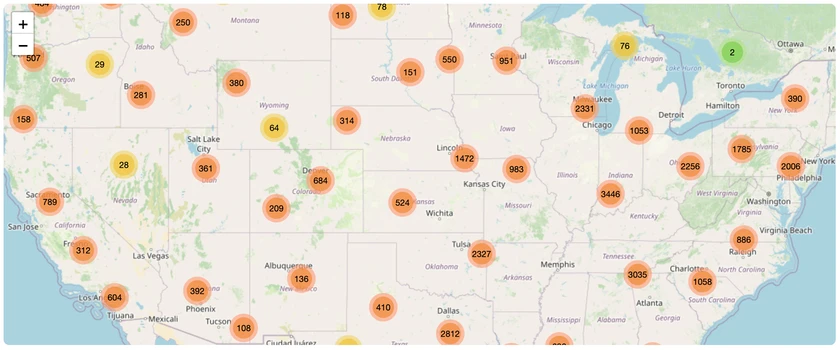 All Species Directory
All Species Directory
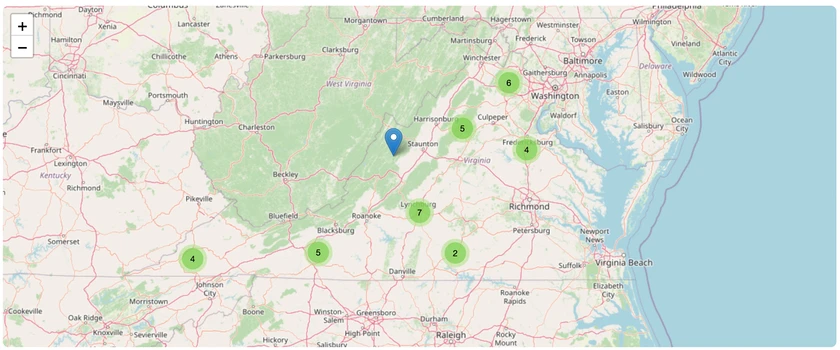 Highland Cattle in Virginia
Highland Cattle in Virginia
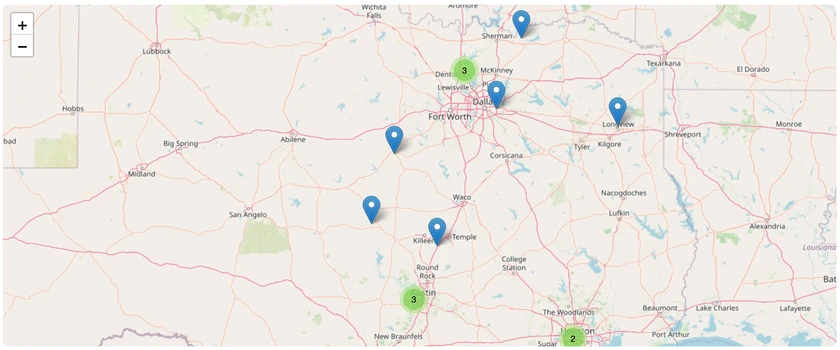 Miniature Donkeys in Texas
Miniature Donkeys in Texas









